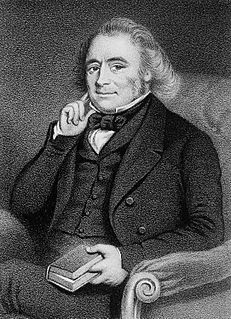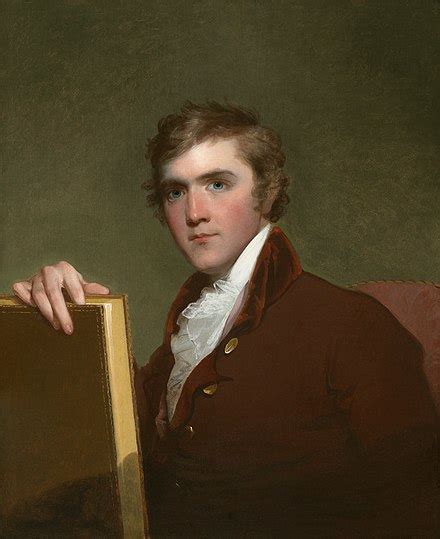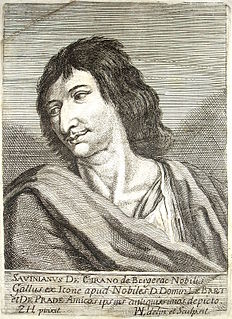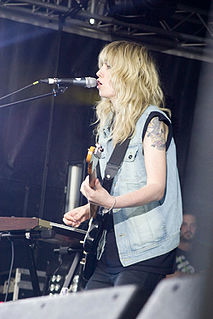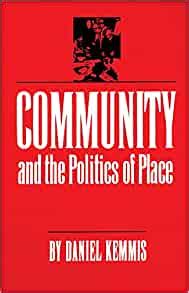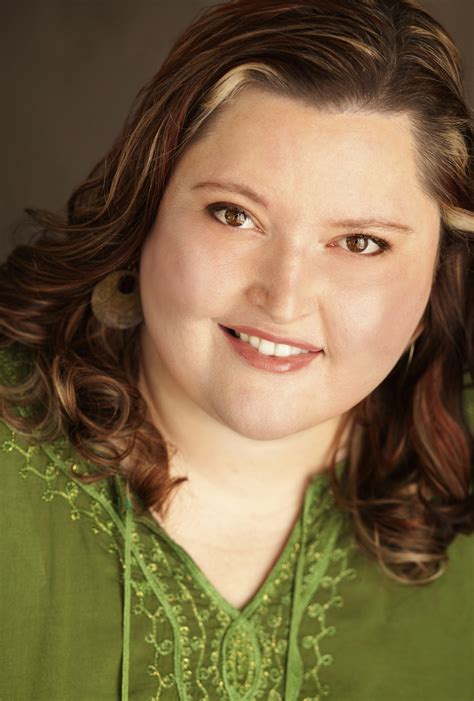A Quote by Samuel Taylor Coleridge
In Koln, a town of monks and bones,
And pavement fang'd with murderous stones,
And rags and hags, and hideous wenches,
I counted two-and-seventy stenches,
All well defined, and several stinks!
Ye nymphs that reign o'er sewers and sinks,
The River Rhine, it is well known,
Doth wash your city of Cologne;
But tell me, nymphs! what power divine
Shall henceforth whash the river Rhine.
Related Quotes
The people of your world became so stupid and rude that my companions and I no longer enjoyed teaching them. You must surely have heard of us: we were called oracles, nymphs, spirits, fairies, household gods, lemures, larvas, lamias, sprites, water-nymphs, incubi, shades, spirits of the dead, specters and ghosts.
A Montana statue holds that a river has a right to overwhelm its banks and inundate its floodplain. Well, that's interesting, because it's not a right that we assign to the river. The river has earned it through centuries of deluging and shaping the floodplain, and the floodplain has a right to its rampaging river. They've earned their rights through a kind of reciprocal action.
To have regret is to be disappointed with yourself and your choices. Those who are wise, see their life like stepping stones across a great river. Everyone misses a stone from time to time. No one can cross the river without getting wet. Success is measured by your arrival on the other side, not on how muddy your shoes are. Regrets are only felt by those who do not understand life’s purpose. They become so disillusioned that they stand still in the river and do not take the next leap.

